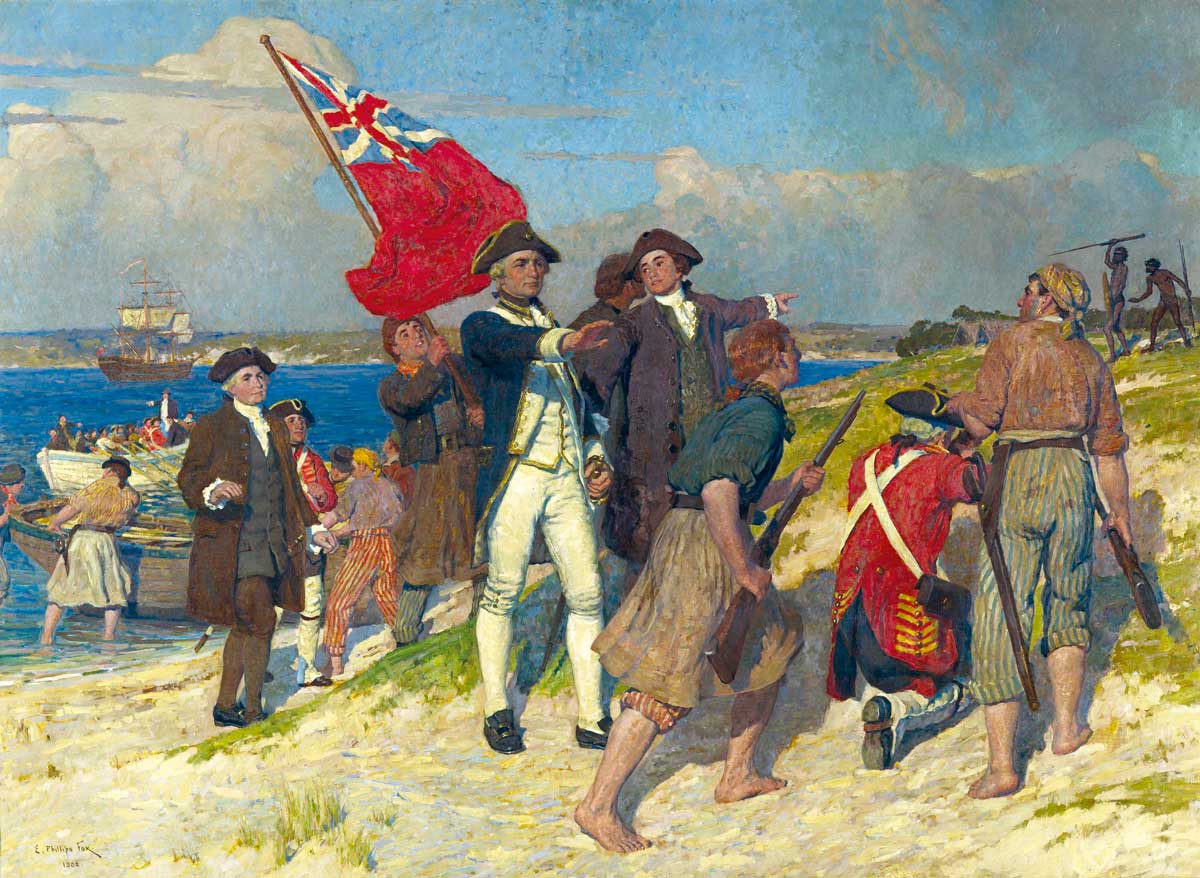Captain Cook’s Contested Claim | History Today - 2 minutes read

Two hundred and fifty years ago, on 22 August 1770, Captain James Cook claimed possession of much of the Australian continent in the name of George III. It is commonly believed that this act changed the course of the territory’s history. Yet Cook’s actions in Australia are a salient example of the old adage that the significance of an event often lies not so much in what happened as in what subsequent generations believe to have happened. In the course of time, Cook’s claiming of possession became shrouded in myth and misunderstanding.
In the second half of the 19th century, Cook began to be regarded as the discoverer and founder of the nascent Australian nation. There was nothing natural about his ascension to this status: his exploits on land (as compared to those at sea) were few and far between and of much less significance than any that occurred after British colonisation began in terra Australis in 1788. Nevertheless, by the end of the 19th century Cook’s name had secured a privileged place in Australian history among white or settler Australians. As the consequence of a great deal of myth-making, performed in myriad forms (in school and scholarly texts, images, place names, commemorations, in porcelain, statuary and stamps, poetry, drama and novels) Cook was transformed into a hugely symbolic figure.
Source: History Today Feed